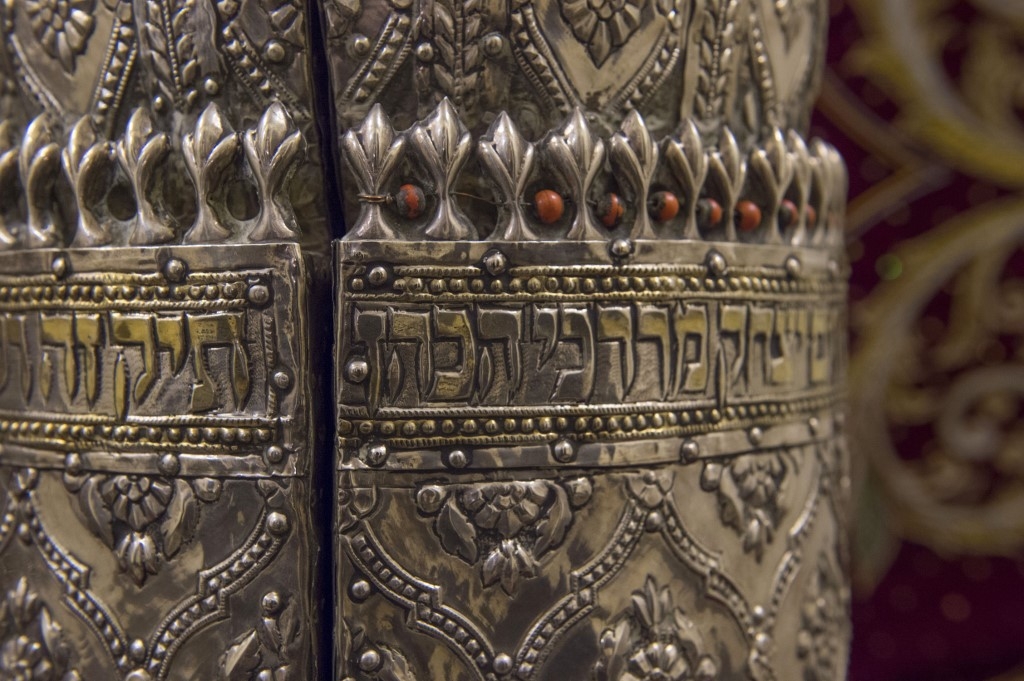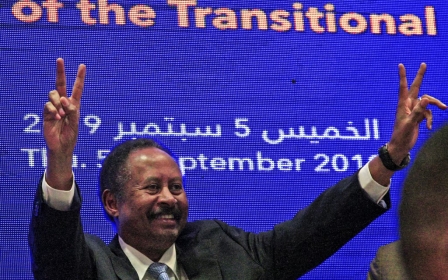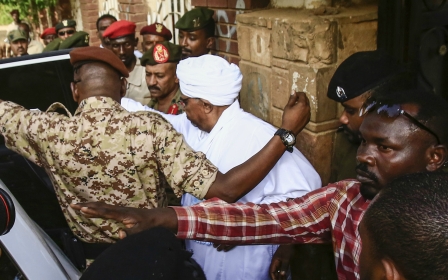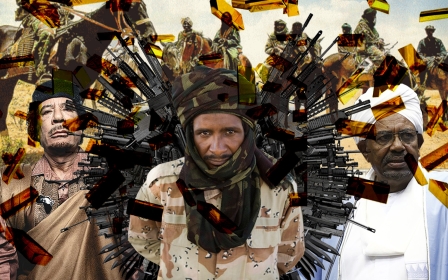Sudan's new government invites Jewish community's return

Sudan's new government has invited the return of a Jewish community that has shrunk in past decades, saying they were welcome in the pluralistic society being advocated by the country's new civilian politicians.
"Sudan is a pluralistic country in ideas, cultures, intellectual traditions, Islamic sects and even in its religions," said the newly appointed religious affairs minister, Nasser al-din Mufrah, on Saudi Arabia's Al-Arabiya channel.
Mufrah is part of Sudan's first civilian government after the removal of president Omar al-Bashir, who was accused of using religion as a tool against opponents, minorities and marginalised communities during his 30 years in power.
The cabinet appointed this week by new Prime Minister Abdalla Hamdok is part of a power-sharing set-up established through negotiations with the military, after months of protest, intended at ultimately leading to a full civilian government.
New MEE newsletter: Jerusalem Dispatch
Sign up to get the latest insights and analysis on Israel-Palestine, alongside Turkey Unpacked and other MEE newsletters
Mufrah's announcement was welcomed by supporters of the new government, but many also cast doubt on whether Sudan was actually ready to welcome the community back into the country.
Some pointed out that a small Jewish community remained in Sudan and should first be made to feel safe in openly practicing their religion to encourage the return of others.
The Twitter account Tales of Jewish Sudan, which posts historical photos of the Jewish community, also said there could be an issue because many Sudani Jews held Israeli citizenship, which is not recognised by Sudan.
"I think it's important though not to get carried away. These are at this moment only words. Many of the Jews who left Sudan eventually ended up in Israel, or with siblings etc there," they wrote.
Around 1,000 Jews were believed to have lived in Sudan until the 1950s, but the numbers shrank as members of the small community migrated abroad after being targeted amid tensions following the creation of Israel.
In 1977, Sudan's military ruler, Gafaar Nimeir, approved the transfer of the bodies buried in Khartoum's Jewish cemetry to Jerusalem.
In August Israeli media reported that the migration of a family to Israel meant the departure of the "last Jews remaining in South Sudan".
Middle East Eye delivers independent and unrivalled coverage and analysis of the Middle East, North Africa and beyond. To learn more about republishing this content and the associated fees, please fill out this form. More about MEE can be found here.




